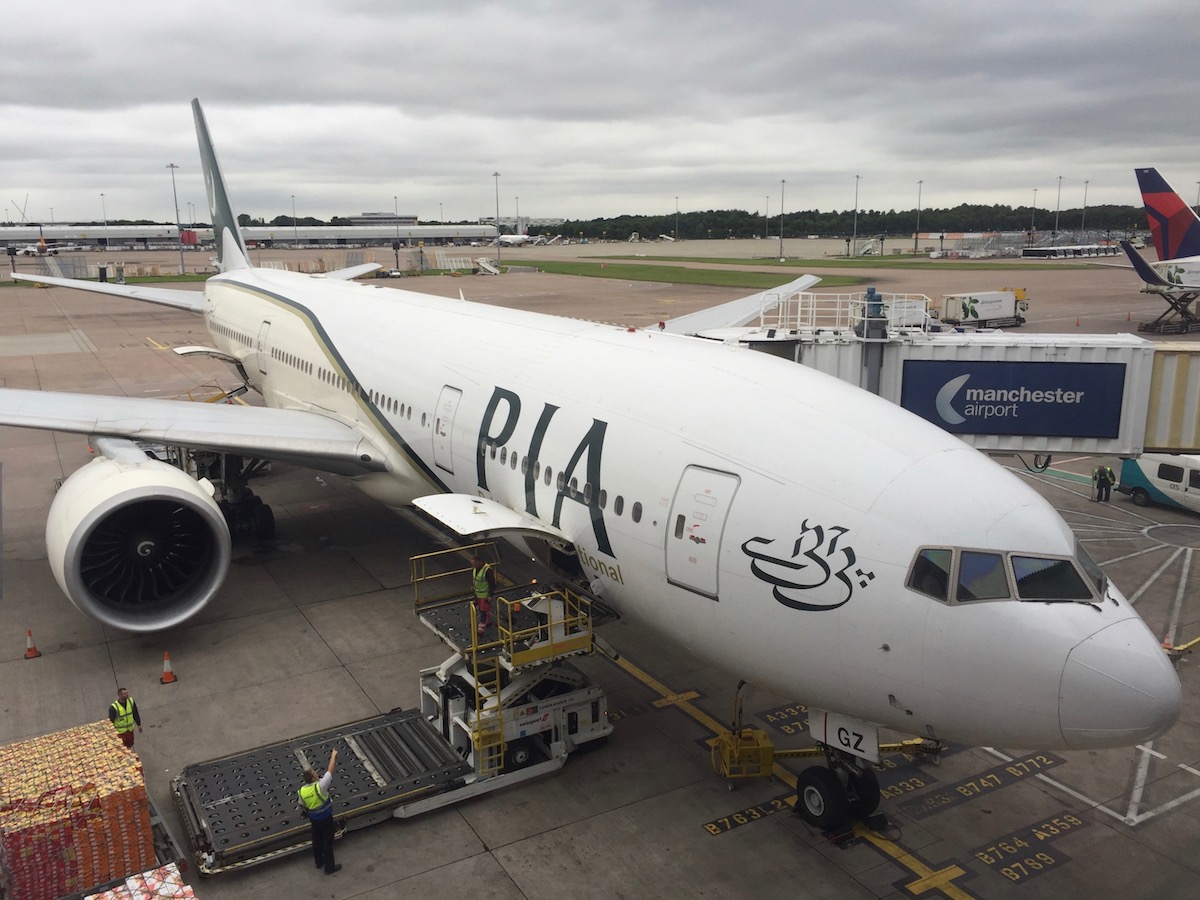The government has approved Rs457 billion worth restructuring plan for Pakistan International Airlines, on Wednesday. The Economic Coordination Committee sent the PIA restructuring plan to the federal cabinet for its final endorsement.
The government decided to lay off about 3,500 PIA employees, shut its non-profitable routes and share the international routes with other airlines.
Finance Minister Hammad Azhar chaired the ECC meeting. However, the plan may not achieve the intended objectives, as it has been approved without a business plan, which would not be ready in the next six months.
The ECC approved to split the PIA into two companies – the Good PIA that will have only Rs137 billion liabilities along with core assets, and the Bad PIA that will pick Rs457 billion liabilities and will retain the ownership of its non-core assets.
“After detailed consultation, the ECC recommended the restructuring plan of PIACL for onward submission before the Cabinet, after reconciliation of tax liability figures, with a direction to place a cap on future debt which PIACL could take against its improved balance sheet, once restructuring plan is implemented”, stated the Ministry of Finance.
In March last year, the government had directed Dr Ishrat Hussain to prepare the PIA’s restructuring plan.
“With a negative equity of Rs460 billion comprising bank loans of Rs326 billion and other payables of Rs118 billion at its balance sheet, the company neither remained a self-sustained entity commercially nor operationally efficient and sustainable,” the ECC was informed.
The company has over 14,000 employees and is operating on non- profitable routes. The options before the government were to close down PIA, privatize or restructure it.
There will be two PIA companies – the government-owned bad company that takes away the financial liabilities off the balance sheet of PIA along with some non-core assets and a new company carrying out the core business with rightsizing, rationalizing profitable routes, and on remaining routes code-sharing with other airlines, capitalizing on ethnic diaspora and religious tourism and modernizing of the fleet.










